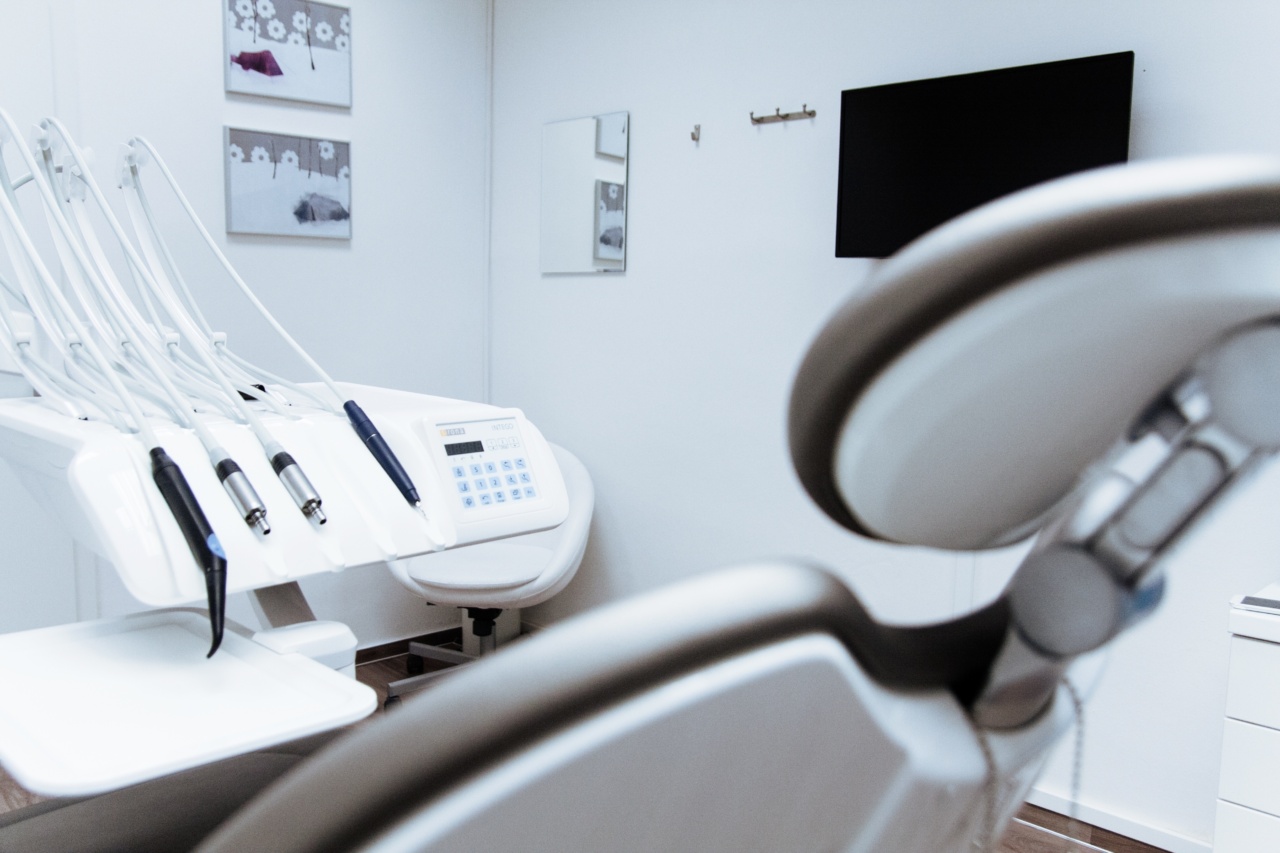Menopause is a natural biological process that every woman goes through as she approaches middle age. It marks the end of fertility and is characterized by a decline in the production of estrogen and progesterone hormones by the ovaries.
As a result, many women experience a range of symptoms such as hot flashes, night sweats, mood swings, and even depression.
2. The Role of Hormone Replacement Therapy (HRT)
Hormone Replacement Therapy (HRT) is a common treatment for menopause symptoms. It aims to alleviate the discomfort associated with hormonal changes by supplementing the body with synthetic estrogen and progesterone.
While HRT can effectively reduce certain menopause symptoms, its potential impact on mental health, particularly depression, has been a subject of debate and research.
3. Understanding Depression and its Symptoms
Depression is a mental health disorder characterized by persistent feelings of sadness, hopelessness, and a loss of interest in activities. It can impact a person’s daily life, relationships, and overall well-being.
Common symptoms of depression include fatigue, changes in appetite, sleep disturbances, difficulty concentrating, and feelings of worthlessness.
4. The Controversy Surrounding HRT and Depression
Several studies have explored the potential link between HRT and depression.
While some studies suggest that hormone therapy might increase the risk of developing depression or exacerbate existing depressive symptoms, others have found no significant association. The complex hormonal changes during menopause make it challenging to establish a definitive connection between HRT and depression.
5. The Estrogen Connection
Estrogen plays a crucial role in the regulation of mood, cognition, and neurotransmitter activity in the brain.
During menopause, the decline in estrogen levels can affect the production and function of certain neurotransmitters such as serotonin, dopamine, and norepinephrine, which are linked to mood regulation. This imbalance may contribute to the development or exacerbation of depression symptoms.
6. Factors Influencing the Relationship
Several factors can influence the relationship between HRT and depression in menopausal women. These factors include age, duration of HRT use, hormone dosage, personal and family history of depression, and the presence of other menopause symptoms.
Individual variations and hormonal complexities make it challenging to generalize the effects of HRT on depression.
7. Evaluating the Evidence
Multiple clinical trials and observational studies have been conducted to evaluate the impact of HRT on depression in menopausal women.
The results have been mixed and inconclusive, with some studies showing no significant association between the two, while others indicating a potential risk. However, it is important to note that individual responses to HRT can vary considerably.
8. Non-Hormonal Treatment Options for Depression
For menopausal women who experience depressive symptoms but are hesitant to try HRT or may not be suitable candidates for hormone therapy, several non-hormonal treatment options are available.
These include psychotherapy, antidepressant medications, exercise, stress reduction techniques, and making positive lifestyle changes.
9. Personalized Approach and Healthcare Provider Guidance
The decision to pursue HRT or any other treatment for menopause symptoms should be based on an individual’s overall health, risk factors, and personalized needs.
It is essential to have open and honest discussions with a healthcare provider who can provide guidance, thoroughly evaluate an individual’s medical history, and help weigh the potential benefits and risks of different treatment options.
10. Conclusion
While there is ongoing research exploring the potential connection between menopause hormone treatment, particularly HRT, and depression, no definitive conclusions can be drawn at this time.
Menopausal women experiencing depressive symptoms should seek appropriate medical attention and work closely with their healthcare providers to determine the most suitable treatment approach for their individual needs.




























